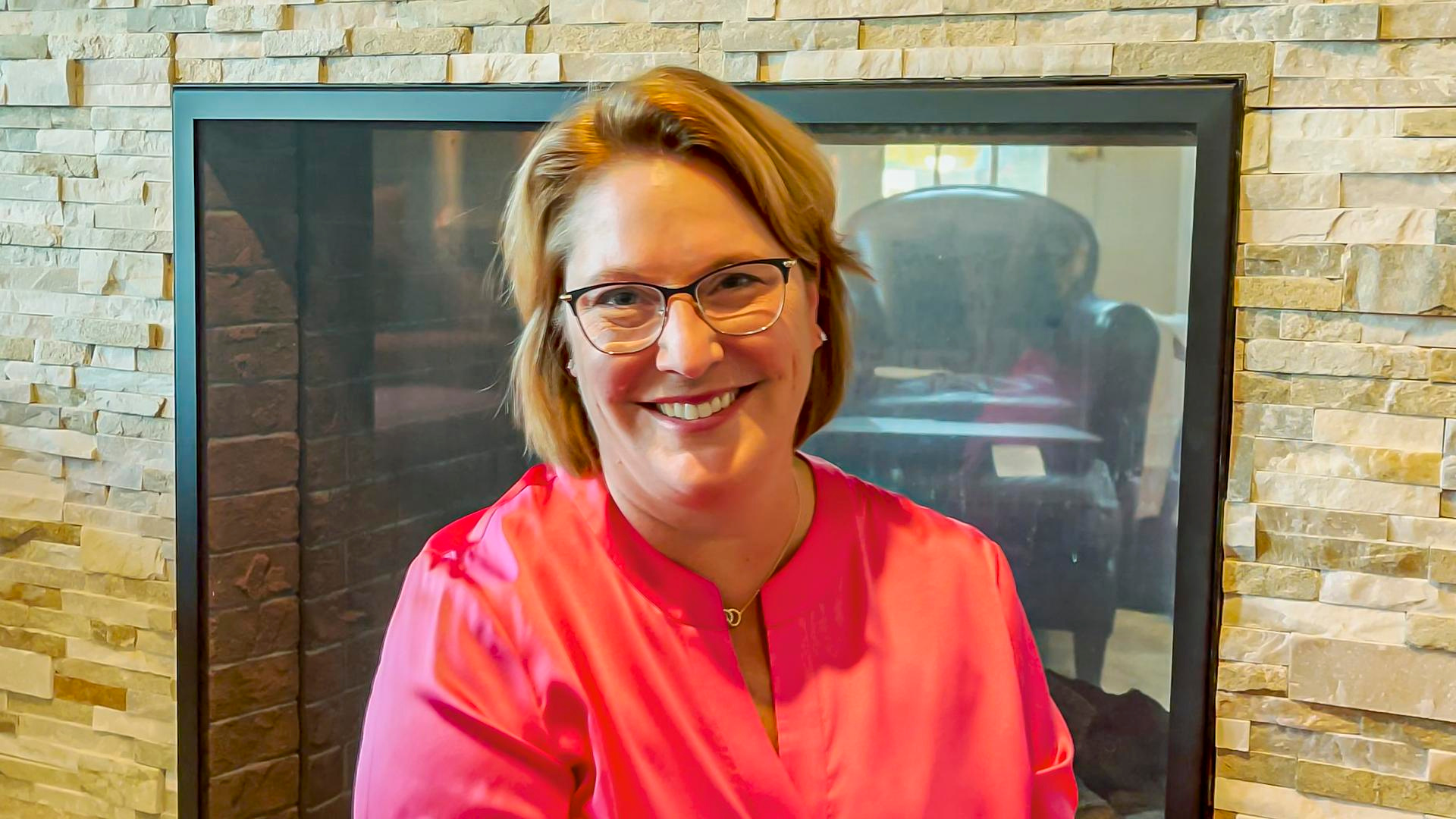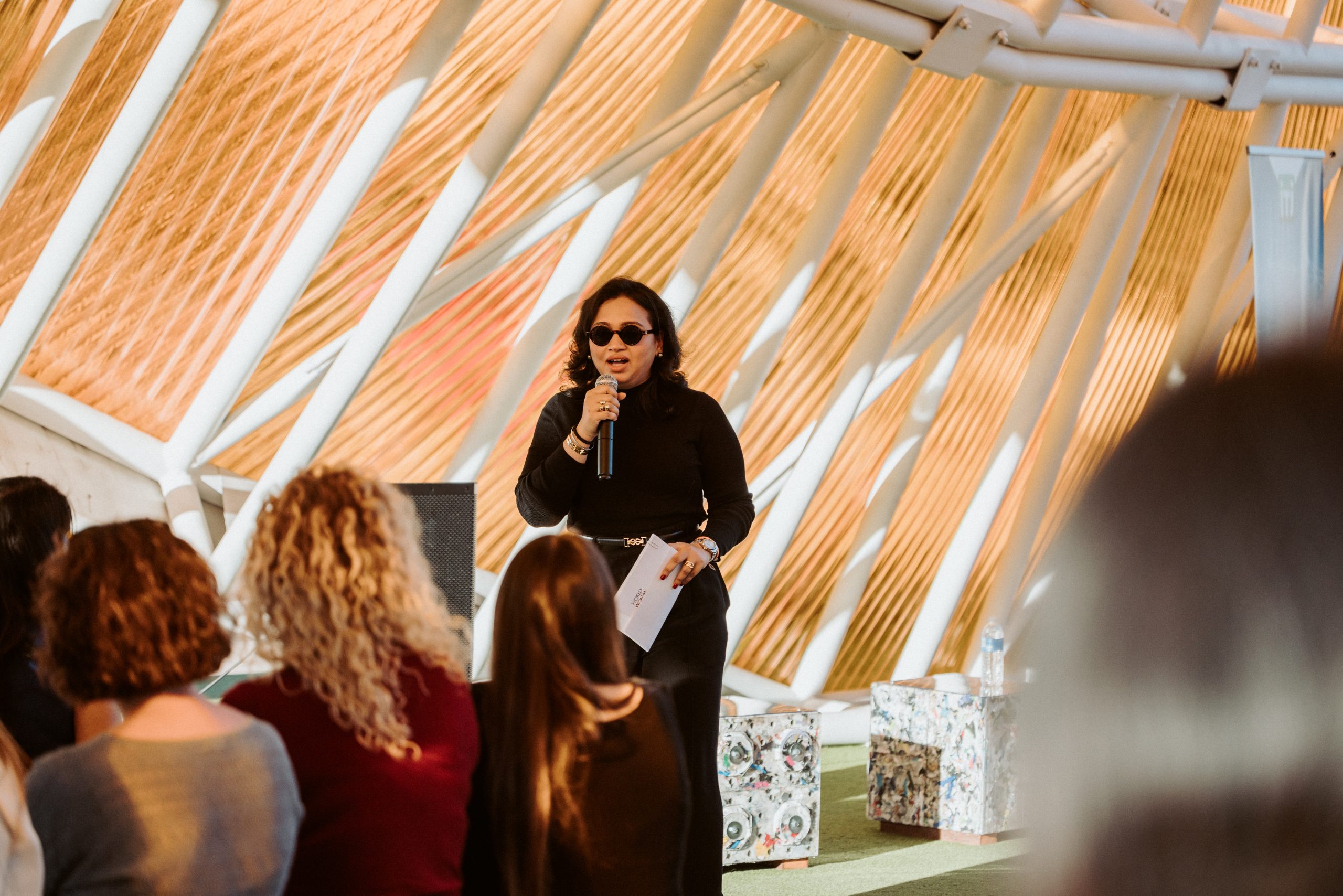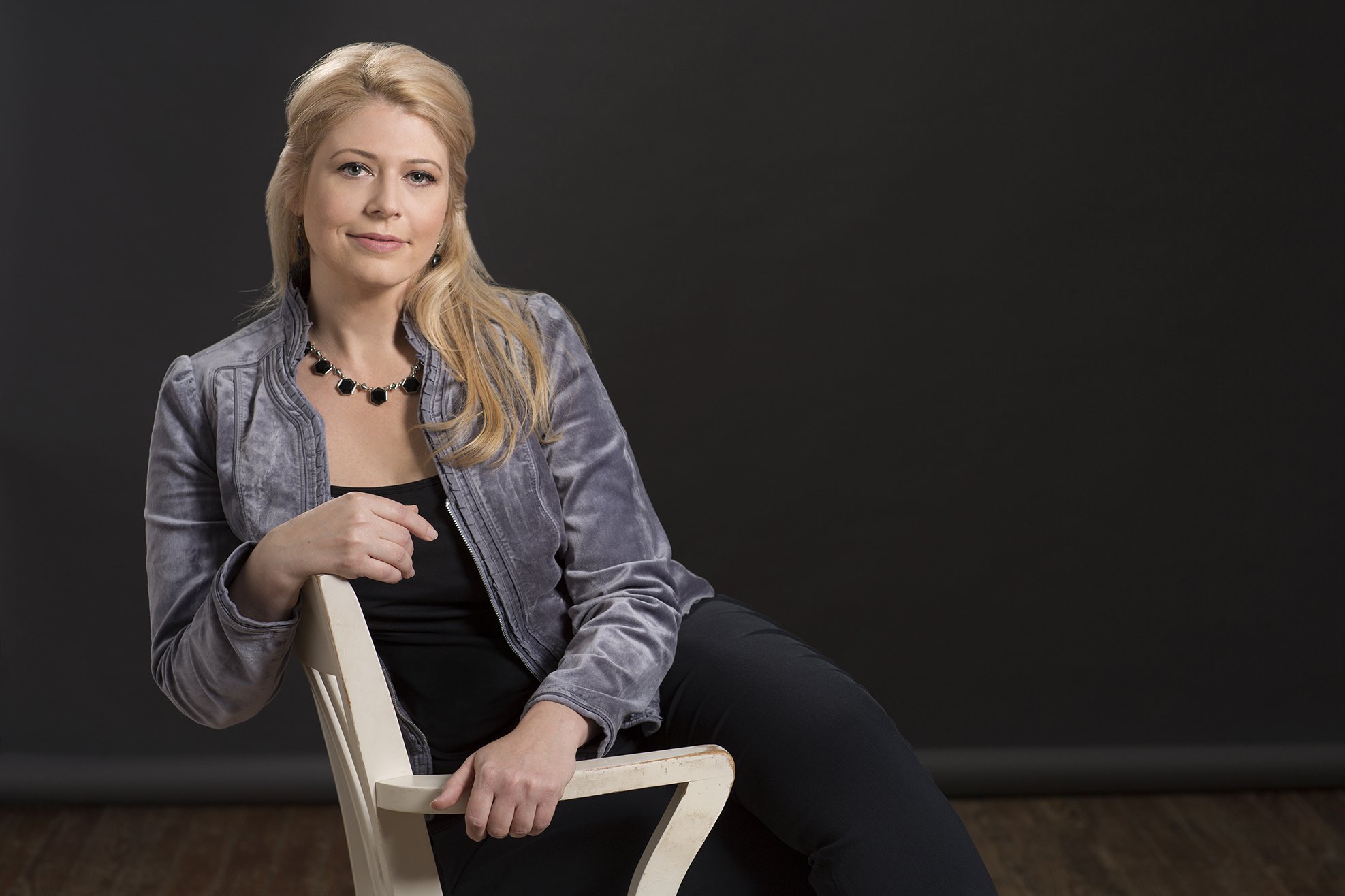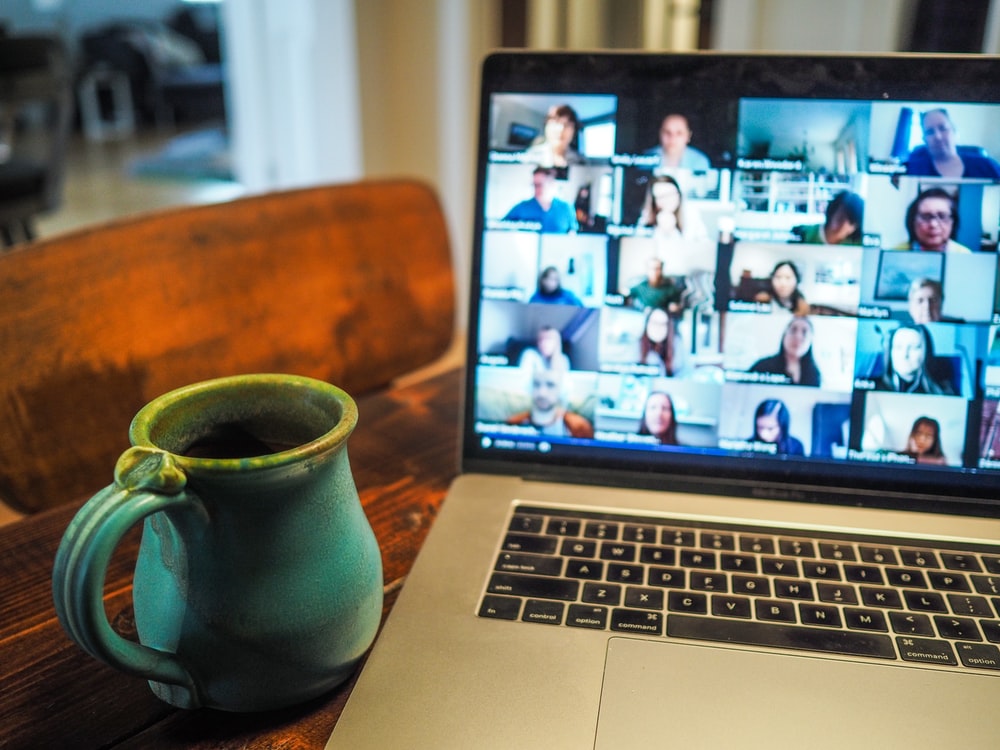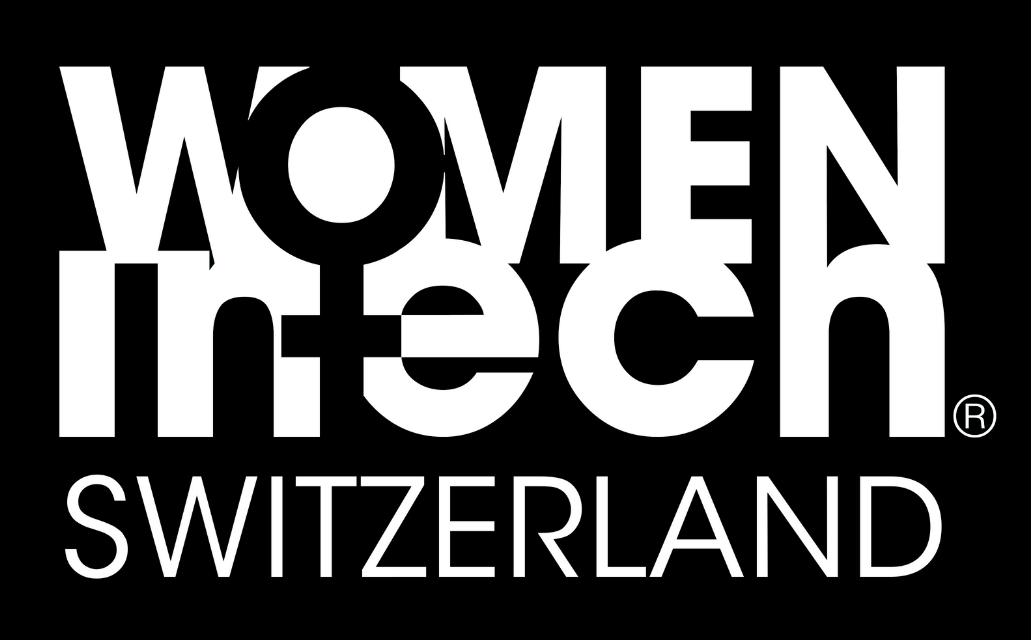World Woman Hour honors Geralyn Ritter for leading change in a unique combination of ways. She is the author of Bone by Bone: A Memoir of Healing, an upcoming book about her recovery from severe, life-altering trauma, and already has helped many others by speaking on the subject. Meanwhile, Geralyn also leads in the corporate world as an executive of a new healthcare company devoted to health products for women.
The tragic event occurred during a business trip in 2015. Geralyn, then a senior vice president at Merck & Co., Inc., Kenilworth, NJ, USA, was riding an inter-city passenger train. Moving through Philadelphia, the train derailed on a curve at high speed, flinging its cars sideways and turning Geralyn’s car into a crumpled heap. Unlike some passengers near her, she survived, but just barely. With shattered ribs, other broken bones and massive internal injuries, she had to be pieced back together in numerous surgeries over several years, amid constant pain.
Not until recently did she feel fit to resume professional life. And luckily an ideal opening came along. Merck & Co., Inc., Kenilworth, NJ, USA, was spinning off a unit called Organon as a separate women’s health company. Geralyn is now Head of External Affairs and ESG (Environmental, Social and Governance) at Organon. Her interview with World Woman Hour provided up-close insights on personal trauma as well as career advice and healthcare issues.
Q: Could you start by sharing some of the main things you’ve learned about experiencing and recovering from severe trauma?
Geralyn Ritter: Trauma is very alienating. You wake up on an ordinary day and the next thing you know, your life will never be the same. And trauma recovery isn’t a straight line. I spent two and a half years in very intense recovery, but I’ve had multiple major surgeries since then, some of them on a no-notice emergency basis, some of them planned. But if I can be open about the challenges that I have faced, to stay strong during the ups and the downs, then hopefully I’m helping others as well.
Also, I’ve done a number of public speaking events—for church groups, for women’s groups, for disability rights groups. And one thing that always comes home to me after these talks is that everybody is dealing with something. Maybe they didn’t get hit by a train, but everybody has to deal with great loss or severe pain of some kind, at some point in their lives. I think the more that we are comfortable sharing those things—sharing the vulnerability, showing empathy—the better leaders that we can be, and the better that we can help each other through those times.
Q: If you could directly counsel someone who’s recovering from trauma or great loss, what advice would you give?
Geralyn: I would say two things. Number one is to let yourself feel grief. I think sometimes there’s pressure on women to smile through it and get right back at it. I learned the hard way that in trying to deny how I was feeling, I fell even harder when I did fall. Letting yourself be sad and regretting a loss is part of the process, and we need to give ourselves permission to do that.
But we’ve also got to find something good in the situation—some new opportunity that becomes available, some new memory that is unearthed, some new possibility. For me, as I started to recover, I was grateful to be at home every day when my three teenage sons came home from school. I had worked for pretty much their entire lives, and although it was not a joy to be on disability leave for so long, it was a joy to be there when they walked in the door.
Another example of finding something good is that I used to downplay the efficacy of practices like mindfulness and meditation. But as I went through periods of intense acute pain, along with long-term chronic pain, I opened myself to the idea that some practices that I had never put much faith in could actually help me. And it’s made a tremendous difference in my life. So it’s okay to let yourself feel grief, but you may also have to look hard to find something good in it— something new that could be a fresh beginning.
Q: Now here is a related question. Aside from your accident recovery, what advice would you have for younger women about dealing with setbacks and failures in their careers?
Geralyn: One thing I learned about avoiding setbacks is this. When you have a great idea and you really want to go for it, but there’s that little voice in your head that says “ooh, it might not work,” or “somebody might not think it’s my place to put this forward”—be bold and go for it, 100%. The analogy I like to keep in mind is that I was a springboard diver in high school and college, and whenever you’re out there on the end of the board trying a new dive, you can’t do it halfway. There’s no way it’s going to end up well if you take a little bitty jump and try to do a double flip. It’s 100% or not at all.
So in my work, while it’s obviously important to listen to input and feedback, I know that I can’t be like a tightrope walker who looks down and suddenly thinks, “Whoa, what am I doing here?” More often than not, if you trust your instinct and really follow through on an idea, you’re far more likely to end up with a great result than if you start to water it down or back away. I think that success means being bold. It means not letting temporary setbacks or fears or insecurities stop you from where you’re going
Q: Let’s talk about Organon and your position there. The company’s vision statement is “a better and healthier every day for every woman.” Could you share a bit about this focus and what it means to you?
Geralyn: Women’s health care needs have been insufficiently met, insufficiently addressed, and insufficiently appreciated for a very long time. In many areas of women’s health there has been tremendous unmet need, and zero new treatments introduced for decades. It’s as if some of these conditions—like menopause, which can be very disabling— are things that women are simply expected to deal with.So I am thrilled to be part of a new company dedicated to women’s health. My roles include leading outreach, leading efforts for public policy change, leading our corporate citizen citizenship efforts. I feel extremely fortunate and excited to be where I am.
Q: Zooming out beyond Organon, what changes need to be made in the health space generally to provide better support for women?
Geralyn: Access to health care for women is a systemic problem, both in the world’s developed countries and certainly in many less-developed countries, and women need to raise their voices. Increasingly they are, and increasingly they are being heard, but we have a lot of ground to make up. If you look at legislatures around the world, only a small percentage of parliamentarians are women. If you look at national health ministers, very few are women. So I think the starting point is that we recognize the unmet needs, speak out, and make sure that policy makers are listening.
Q: Any particular issues you’d like to see addressed?
Geralyn: I think we have a tremendous opportunity to have real impact on the problem of unintended pregnancies. Sometimes an unintended pregnancy is a joy, but often the woman is too young or the family is not financially prepared to care for the child. We can make a tremendous difference by helping women take charge of their family planning, so that children come at a time when every child can be best supported to live life to the fullest.
And this comes back to why I’m excited to be at Organon. These issues are where my heart is.
Q: Looking to the future of women’s health care, are there dominant trends emerging?
Geralyn: I am optimistic that the future will be better, and I don’t think it’s going to take decades to get there. I think there is a growing realization that changes are overdue. There is also exciting scientific potential in new treatments, in digital technologies, and in telemedicine and innovative ways to deliver health care to women and girls. For example in many of the poorest regions of the world, there is still cell phone access, and a midwife who is having a difficult delivery might be able to text for advice to a tertiary hospital. So, combine all of that with women and girls raising their voices, and I see a future that is much brighter than what we’ve been seeing. It’s not automatic. I don’t think we can take it for granted. But I’m very optimistic.

